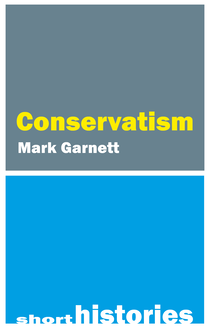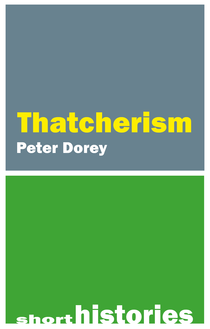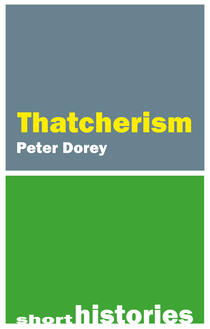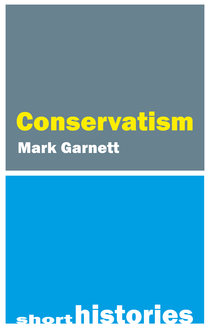-
 Univers
Univers
-
 Ebooks
Ebooks
-
 Livres audio
Livres audio
-
 Presse
Presse
-
 Podcasts
Podcasts
-
 BD
BD
-
 Documents
Documents
-
- Cours
- Révisions
- Ressources pédagogiques
- Sciences de l’éducation
- Manuels scolaires
- Langues
- Travaux de classe
- Annales de BEP
- Etudes supérieures
- Maternelle et primaire
- Fiches de lecture
- Orientation scolaire
- Méthodologie
- Corrigés de devoir
- Annales d’examens et concours
- Annales du bac
- Annales du brevet
- Rapports de stage
La lecture à portée de main
Découvre YouScribe en t'inscrivant gratuitement
Je m'inscrisDécouvre YouScribe en t'inscrivant gratuitement
Je m'inscrisEn savoir plus
En savoir plus

Description
The nature of conservative ideology is and will continue to be warmly contested. In this short history, Mark Garnett contends that the disagreements have been particularly strong in the instance of British conservatism because the ideological label continues to be used by a prominent political party. Whether hostile or friendly in intent, commentators on conservatism have found it difficult to avoid the assumption that British "conservatism" must, at all times, be reflected at least to some degree in the policy platforms of the Conservative Party.
This book presents an account of British conservatism which avoids the usual confusion between the ideology and the stated principles of a party which prides itself on an ability to change its views according to circumstances. It shows, since the Tory Party adopted the name "Conservative" in the 1830s it has become increasingly difficult to associate its varying positions with a coherent "conservative" position, so that it is more profitable to discuss its ideological history from the perspective of liberalism and nationalism. This argument is presented by tracing the histories of the party and the ideology in separate chapters, whose themes and cast of characters rarely coincide.
Introduction
1. The contestable conservative tradition: Burke to Southey
2. The Conservative Party from Peel to Salisbury
3. "Converging streams": British conservative thought from Southey to Cecil
4. The Conservative Party, 1902–45
5. "We must have an ideology": conservatism since the First World War
6. The Conservative Party since 1945
Conclusion: is conservatism dead?
A chronology of conservatism and the Conservative Party
Sujets
Informations
| Publié par | Agenda Publishing |
| Date de parution | 30 mars 2023 |
| Nombre de lectures | 0 |
| EAN13 | 9781788215053 |
| Langue | English |
| Poids de l'ouvrage | 4 Mo |
Informations légales : prix de location à la page 0,1250€. Cette information est donnée uniquement à titre indicatif conformément à la législation en vigueur.
Extrait
-
 Univers
Univers
-
 Ebooks
Ebooks
-
 Livres audio
Livres audio
-
 Presse
Presse
-
 Podcasts
Podcasts
-
 BD
BD
-
 Documents
Documents
-
Jeunesse
-
Littérature
-
Ressources professionnelles
-
Santé et bien-être
-
Savoirs
-
Education
-
Loisirs et hobbies
-
Art, musique et cinéma
-
Actualité et débat de société
-
Jeunesse
-
Littérature
-
Ressources professionnelles
-
Santé et bien-être
-
Savoirs
-
Education
-
Loisirs et hobbies
-
Art, musique et cinéma
-
Actualité et débat de société
-
Actualités
-
Lifestyle
-
Presse jeunesse
-
Presse professionnelle
-
Pratique
-
Presse sportive
-
Presse internationale
-
Culture & Médias
-
Action et Aventures
-
Science-fiction et Fantasy
-
Société
-
Jeunesse
-
Littérature
-
Ressources professionnelles
-
Santé et bien-être
-
Savoirs
-
Education
-
Loisirs et hobbies
-
Art, musique et cinéma
-
Actualité et débat de société
- Cours
- Révisions
- Ressources pédagogiques
- Sciences de l’éducation
- Manuels scolaires
- Langues
- Travaux de classe
- Annales de BEP
- Etudes supérieures
- Maternelle et primaire
- Fiches de lecture
- Orientation scolaire
- Méthodologie
- Corrigés de devoir
- Annales d’examens et concours
- Annales du bac
- Annales du brevet
- Rapports de stage









